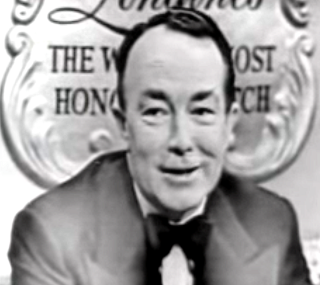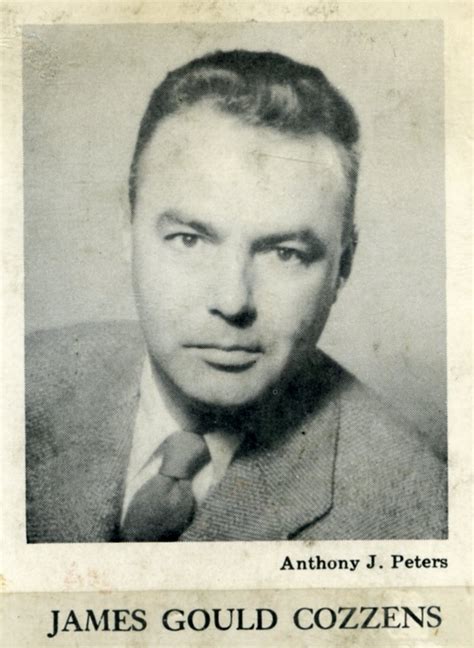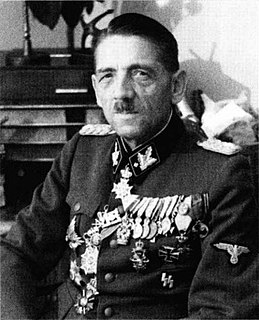A Quote by Mahatma Gandhi
A leader is useless when he acts against the promptings of his own conscience.
Related Quotes
Bailey might not have great intelligence or abilities, but his whole aim, thought and study was that of the born leader--to look out for himself; and he did it with that born-leader's confidence and intensity that draws along the ordinary uncertain man, who soon confuses his own interest and his own safety with that of the leader.
We may gamble on outsmarting the law; we may even gamble on the leniency of man and the mercy of God-but no man ever won a gamble with his own conscience. Even should he think he has beaten his conscience into submission, his misdeeds still leave their mark upon him. Anyone who gambles against this fact has already lost his gamble.
Another doctrine repugnant to Civill Society, is that whatsoever a man does against his Conscience, is Sinne ; and it dependeth on the presumption of making himself judge of Good and Evill. For a man's Conscience and his Judgement are the same thing, and as the Judgement, so also the Conscience may be erroneous.
The inner censor of the mind of the true believer completes the work of the public censor; his self-discipline is as tyrannical as the obedience imposed by the regime; he terrorizes his own conscience into submission;he carries his private Iron Curtain inside his skull, to protect his illusions against the intrusion of reality.
Most codes extend their definitions of treason to acts not really against one's country. They do not distinguish between acts against the government, and acts against the oppressions of the government. The latter are virtues, yet have furnished more victims to the executioner than the former. Real treasons are rare; oppressions frequent. The unsuccessful strugglers against tyranny have been the chief martyrs of treason laws in all countries.









































